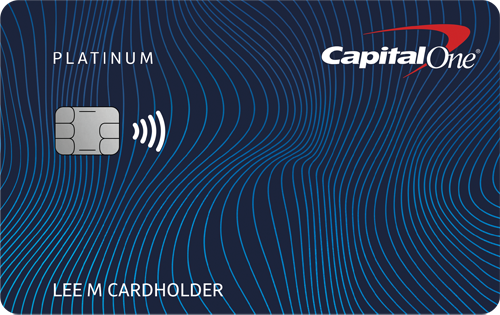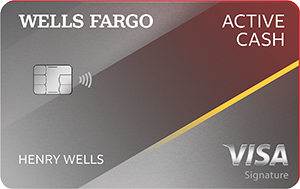How are unsecured credit card limits calculated?
When you open a secured credit card, your spending limit is the equivalent of the deposit you put down as collateral. When you get an unsecured credit card, there's no security deposit to base your spending limit on. Credit card issuers use other factors to see how much spending power to give you. These include your:
- Payment history: If you have a history of paying bills on time, credit card companies may be more willing to give you a higher credit limit.
- Credit utilization: Your credit utilization ratio shows how much of your existing credit you're using already, and the lower that number, the greater your chances of being granted a generous spending limit.
- Income: The more money you earn, the more likely you'll be to receive a higher credit limit on an unsecured card.
What benefits do unsecured credit cards offer?
Unsecured credit cards give you the option to open a new account without having to put down any money in the form of a deposit, and they commonly offer built-in perks like cash back or reward points. Now some secured credit cards offer rewards, too, but they're more common with unsecured credit cards.
What's more, some unsecured credit cards offer sign-up bonuses. With a sign-up bonus, you get a certain amount of cash back or points for spending a specific amount of money within a preset time frame. For example, you may qualify for a credit card offer where you get $200 cash back for spending $1,000 within three months of opening a new unsecured credit card.
Finally, if you have excellent credit, you might qualify for a good APR on an unsecured credit card. And in that case, if you do have to carry a balance in an emergency, it may not cost you as much.
What are the drawbacks of unsecured credit cards?
With a secured credit card, you're effectively protected from landing in debt because your spending limit is equal to the security deposit you put down on your account. Since unsecured credit cards don't require a deposit, and your spending limit is based on your credit score and other factors, you could easily land in a situation where you charge more than what you can afford to pay off in a given month.
When this happens, you may have to carry a credit card balance forward. Doing so will cause you to rack up interest charges which will cost you more money. And too high a credit card balance across all of your cards could cause your credit score to drop, making it harder to qualify for other credit cards or loans when you need borrowing options.
Plus, with an unsecured credit card, your credit card APR can be variable. That could make your payments harder to manage if you have to carry a balance forward.
Does it make sense to use an unsecured credit card?
Unsecured credit cards are extremely common, and many consumers use them. If managed well, they can be a useful and convenient financial tool. But they can also be a riskier prospect than secured credit cards.
If you're going to get an unsecured credit card, make sure to stick to these rules:
- Only charge expenses you can afford to pay off by the time your bills come due. (There may be exceptions here for emergencies, but for the most part, aim to pay your balance every month in full.)
- Never miss a minimum payment, as that will automatically impact your credit score in a negative way.
- Check your credit card balance regularly to keep tabs on your spending.
- Always read your credit card agreement so you understand the terms of your card, including your total credit line, your interest rate, and your payment schedule.
If you're able to qualify for an unsecured credit card, there's no reason to limit yourself to a secured one, unless you just don't trust yourself to be financially responsible. Make sure you understand how to use credit cards responsibly before moving forward.



